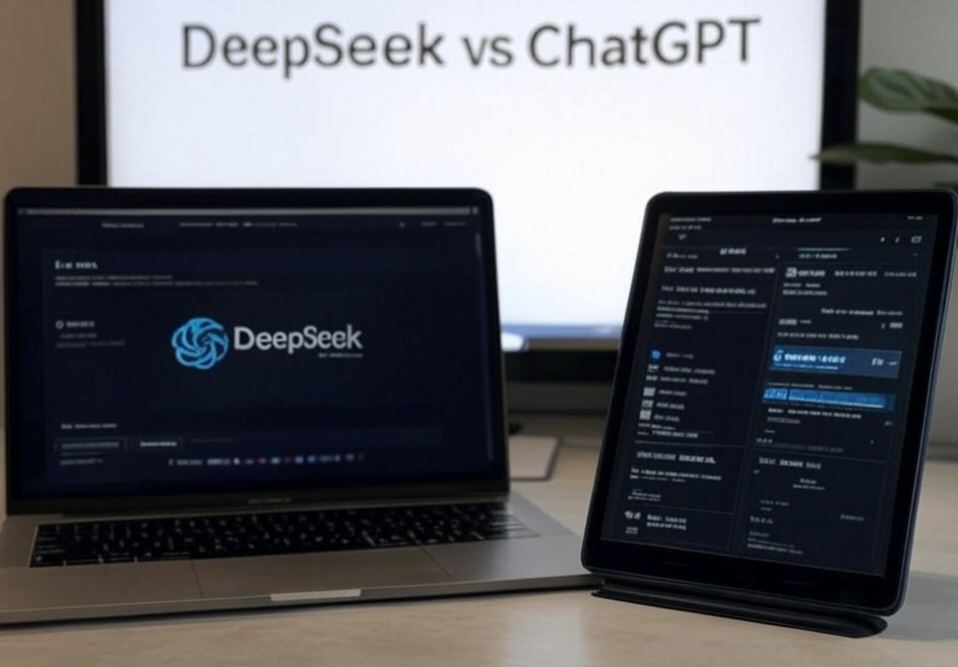
Why Does Blockchain Matter to Everyday People?
Blockchain technology is often described as a secure, decentralized ledger that records transactions in a transparent manner. In simpler terms, a blockchain is a chain of data blocks, each containing a record of transactions, verified by a distributed network of computers rather than a single central authority. Once information is added, it becomes extremely difficult to alter or remove, making the system highly tamper-resistant. If you are interested in blockchain technology feel free to visit site Blockchain and learn. Blockchain’s core strength lies in its ability to provide trust, security, and transparency without relying on a single governing body. For the average person, this could translate into more control over personal data, reduced costs in financial services, and faster transactions in various day-to-day scenarios. Below are some potential ways blockchain could reshape lives and industries.
1. Financial Services
The most well-known use of blockchain technology is in cryptocurrencies, such as Bitcoin. However, blockchain can offer more than just digital coins:
- Faster Transfers and Lower Fees: People could send money internationally with much lower transaction fees than traditional bank transfers.
- Financial Inclusion: In regions with limited banking infrastructure, blockchain-based mobile apps could allow individuals to access loans, pay bills, and receive digital payments securely.
For a student studying computer science, understanding how blockchain-powered protocols facilitate peer-to-peer transactions can open up possibilities for creating innovative fintech solutions that reach the unbanked.
2. Supply Chain and Product Authenticity
Imagine being able to trace the entire journey of a product—from raw materials to the final store shelf—just by scanning a code:
- Authenticity Verification: Customers can confirm if the item they bought is genuine and ethically sourced.
- Transparent Logistics: Businesses can track each shipment in real time, reducing fraud and errors.
This transparency can provide everyday consumers with greater confidence in the products they buy. For developers, this presents a chance to build decentralized tracking systems that ensure data integrity across different participants in the supply chain.
3. Healthcare and Medical Records
Healthcare systems are often fragmented, making the secure sharing of patient data a major challenge. Blockchain can help by:
- Securing Patient Data: Records could be encrypted and stored on a decentralized system, accessible only with proper permissions.
- Improving Collaboration: Different healthcare providers, such as hospitals, pharmacies, and specialists, would have an accurate history of a patient’s treatments and medications.
For computer science students, this opens up research opportunities in secure data management, cryptography, and digital identity solutions for healthcare environments.
4. Voting and Governance
Blockchain-based voting systems aim to tackle issues like low voter turnout and election fraud:
- Transparent Elections: Voters would have an immutable record of votes, preventing manipulations.
- Remote Voting: People living abroad or in remote areas could vote securely using blockchain applications, increasing participation.
For a democracy, this could mean fairer elections, and for aspiring developers, it’s a chance to innovate in digital identity verification and secure transactional protocols.
5. Intellectual Property and Digital Content
Artists, writers, and other content creators often struggle to prove ownership or earn fair revenue from their work. Blockchain-based platforms can:
- Automate Royalties: Smart contracts on the blockchain can distribute payments instantly every time content is purchased or streamed.
- Prove Authenticity: Creators can register their work on a blockchain, establishing an immutable proof of creation date.
This has the potential to empower individual creators to monetize their content directly, bypassing middlemen.
Conclusion
Blockchain technology, with its decentralized and transparent nature, can play a transformative role in finance, supply chains, healthcare, voting systems, and beyond. For computer science students, diving into blockchain offers a chance to develop cutting-edge solutions that can genuinely impact the average person’s daily life. By addressing real-world challenges—ranging from financial inclusivity to healthcare data integrity—blockchain could usher in an era where trust in digital platforms becomes the norm rather than the exception.
Tips on SEO and Online Business
Next Articles
Previous Articles






